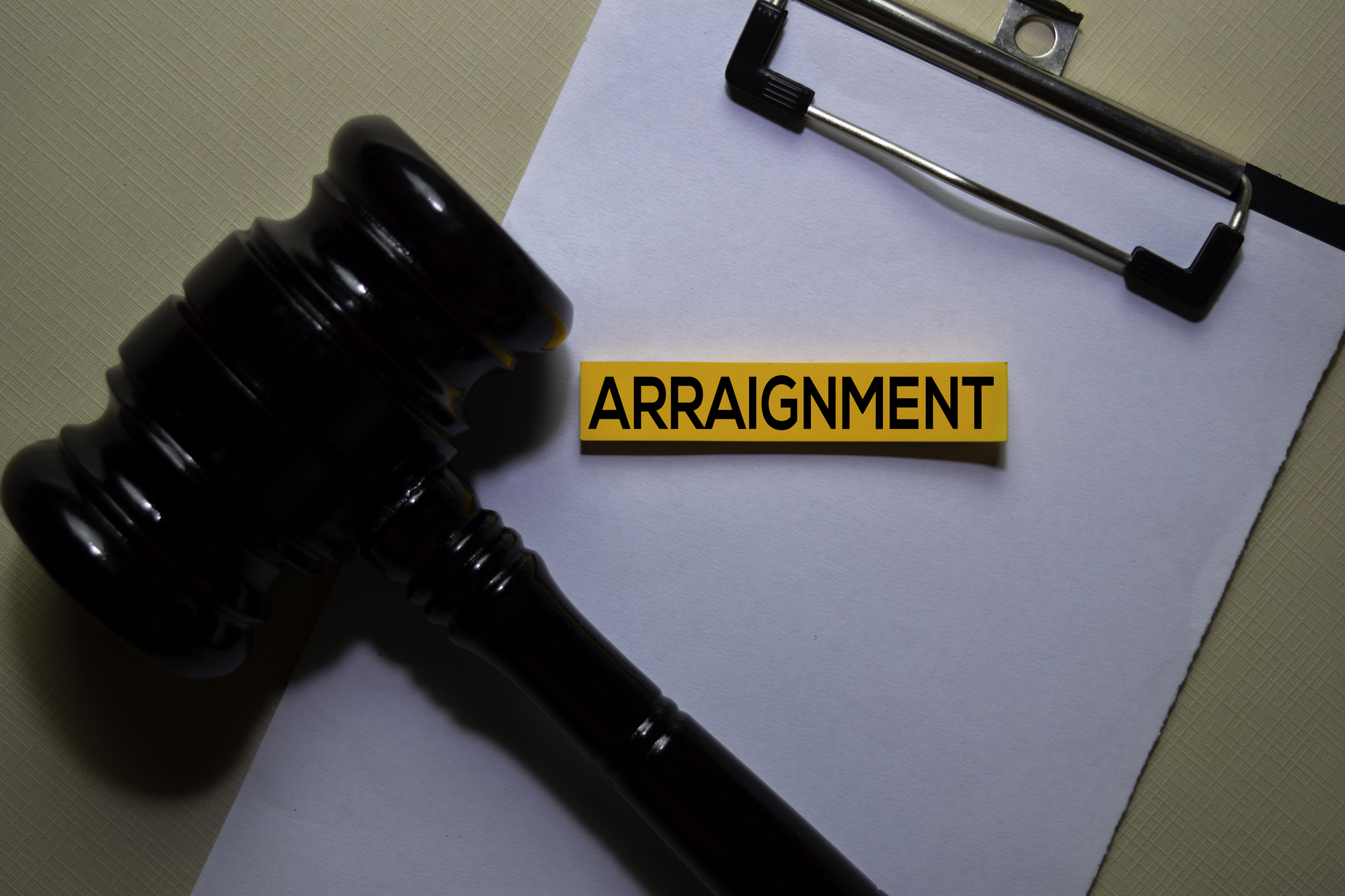What to Expect at Your First Court Appearance: Arraignment Tips from a Criminal Defense Lawyer
If you’ve recently been arrested, received a citation, or been summoned to court, you may be feeling anxious about your upcoming court appearance. This guide, presented by criminal defense attorney William Pernick and senior attorney Sarah Schacher, will walk you through what to expect during your arraignment, how to prepare, and how to make a positive impression.
What is an Arraignment?
An arraignment is the first formal step in a criminal case. During this court appearance, the judge will:
- Confirm your legal representation
- Inform you of the charges against you
- Address your custody status (whether you will remain in jail, be released on bail, or be released with certain conditions)
At this stage, no witnesses are called, and it’s not the time for a trial. Instead, you’ll be expected to enter a plea—guilty or not guilty. Only a plea of “not guilty” will allow your criminal defense lawyer to negotiate on your behalf and build a defense.
How to Prepare for Your Arraignment
- Know What to Expect: Your criminal defense lawyer will speak for you during the arraignment. If you’re unsure of how to answer a direct question from the judge, consult your lawyer. If you need time to hire legal representation, you can request a continuance.
- Custody Status: If you’re out of custody, your bail may be discussed. If you’re in custody, your lawyer can argue for your release based on factors like community ties or your lack of prior offenses. A pre-trial services officer may also prepare a risk assessment for the court to consider.
- Bail Reduction: If your bail is set too high, your criminal defense lawyer can request a bail hearing and provide evidence that justifies a lower amount. This can include character letters, proof of community ties, and more.
What Happens During an Arraignment?
- Entering Your Plea: If you’re contesting the charges, your criminal defense attorney will advise you to enter a “not guilty” plea. This allows you to defend yourself and negotiate a better resolution.
- Custody Discussion: The judge will determine whether you remain in custody or can be released. Your lawyer can argue for bail reduction or release based on the nature of your case and personal circumstances.
- Restraining Orders: In cases involving domestic violence or child endangerment, the court may impose protective orders. It’s critical to follow these orders to avoid additional charges.
The Importance of Your Appearance in Court
Appearances matter in court. Dress respectfully, act professionally, and arrive on time. Avoid coming to court under the influence of alcohol or drugs. Being punctual and respectful will make a positive impression on both the judge and prosecutor.
Don’t Speak Without Your Lawyer
One key piece of advice from any criminal defense lawyer: let your attorney do the talking. Speaking out of turn or trying to explain your case directly to the judge can harm your defense, as all statements are recorded and may be used against you. If you’re not represented, you risk inadvertently incriminating yourself.
Final Thoughts
Your first court appearance can be intimidating, but with the guidance of an experienced criminal defense lawyer, it should proceed smoothly. By preparing in advance and following these tips, you can make a strong, positive impression and set yourself up for the best possible outcome.
If you found this information helpful, please like and subscribe for more insights from our legal team.





